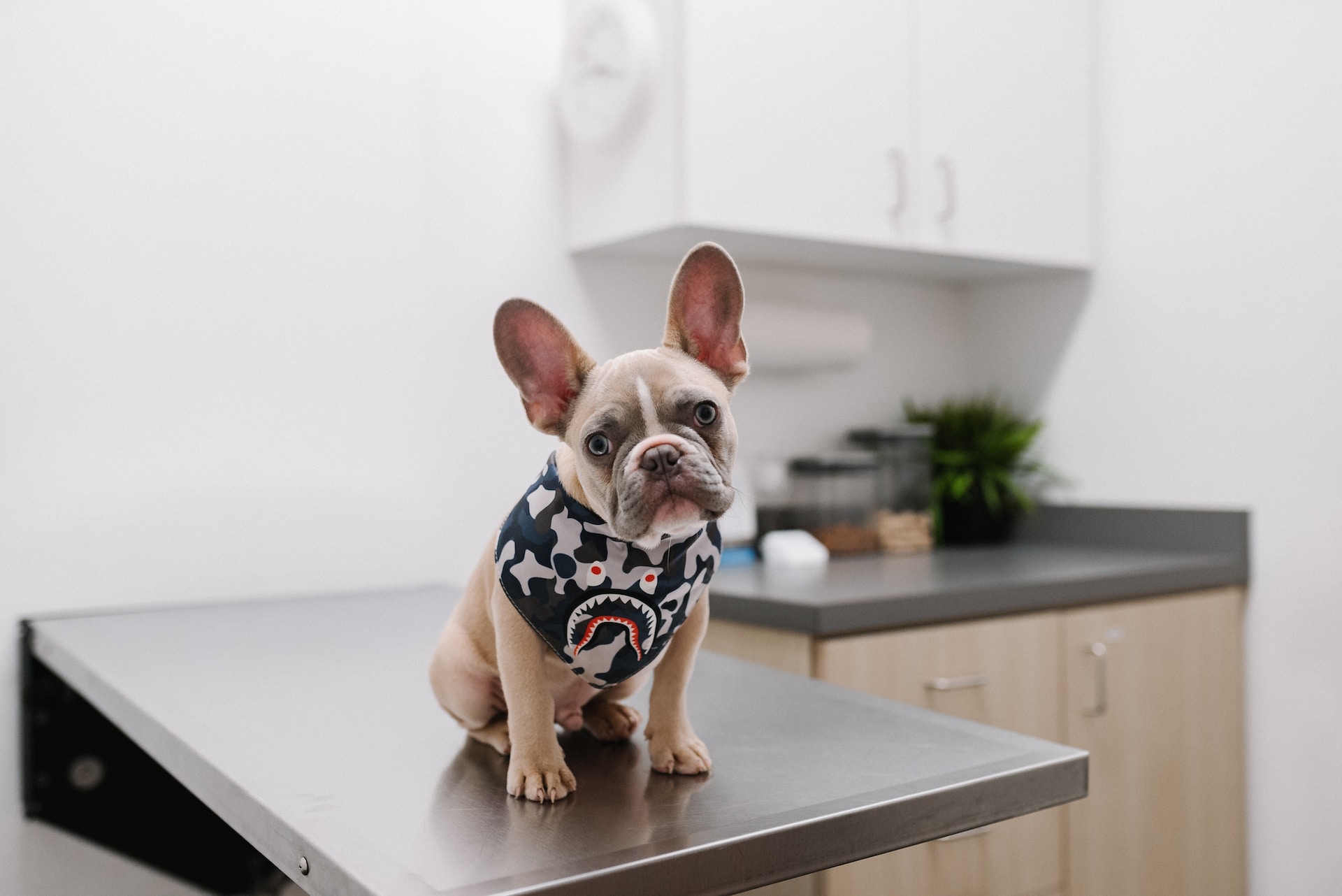
10 Nov The Vital Role of Board-Certified Veterinary Anesthesiologists
At Veterinary Dental Specialists of WI, we understand that putting your pet under anesthesia can be scary. We want to provide the best experience possible for both pets and their owners. We work closely with our anesthesiologist to ensure the best care for our patients.
When our beloved pets need medical procedures or surgeries, we trust veterinarians to provide the best care possible. A crucial aspect of these procedures is anesthesia. Board-certified veterinary anesthesiologists play a vital role in ensuring the safety and well-being of our patients, especially those who are at higher risk for undergoing anesthesia.
In this blog, we will explore what a board-certified veterinary anesthesiologist is, how they achieve their certification, and why consulting with one before a procedure can be a game-changer for your pet’s health.
Who Are Board-Certified Veterinary Anesthesiologists?
Board-certified veterinary anesthesiologists are highly trained and specialized veterinarians who focus on the administration of anesthesia and pain management for animals. Their expertise extends to various species, including dogs, cats, horses, and exotic animals. These professionals dedicate their careers to understanding the intricacies of anesthetic agents, pain control methods, and the unique physiological and anatomical considerations in different species.
How Board-Certified Veterinary Anesthesiologists Earn Their Certification
Becoming a board-certified veterinary anesthesiologist is no small feat. It involves rigorous training, education, and dedication. Here is a breakdown of the steps involved in achieving this prestigious certification:
- Veterinary School: Like all veterinarians, aspiring anesthesiologists must complete a Doctor of Veterinary Medicine (DVM) degree, which typically takes four years.
- Internship and Residency: After completing veterinary school, individuals interested in veterinary anesthesiology must undergo a one-year internship and a three-year residency program focused on anesthesia and pain management under the supervision of experienced anesthesiologists.
- Board Examination: Once the residency is completed, candidates must pass a comprehensive board examination administered by the American College of Veterinary Anesthesia and Analgesia (ACVAA) or similar organizations in other countries.
- Publish Research: Many anesthesiologists are involved in research, publishing papers, and conducting studies that contribute to the field’s knowledge and advancements.
- Continued Education: After certification, these professionals must keep up-to-date with the latest developments in anesthesia and pain management through continuous education and training.
Five Benefits of Consulting with a Veterinary Anesthesiologist
1. Customized Anesthetic Plans
Veterinary anesthesiologists have a deep understanding of various animal species’ physiology and can tailor anesthesia plans to meet individual needs. This ensures the safest and most effective anesthesia for your pet.
2. Expert Pain Management
Anesthesiologists are skilled in pain control, providing not only comfort during the procedure but also a smoother recovery afterward.
3. Risk Assessment
They can assess the risk factors involved in anesthesia, taking into account the pet’s age, breed, and underlying medical conditions. This assessment helps in minimizing complications during the procedure.
4. Monitoring During Surgery
Anesthesiologists can play a crucial role during the surgery, continuously monitoring the pet’s vital signs, adjusting anesthesia as needed, and responding to any complications in real time.
5. Postoperative Care
After the procedure, they ensure that the pet’s recovery is as pain-free and comfortable as possible, prescribing appropriate pain management strategies.
Oral Surgery for Dogs and Cats in Milwaukee, WI
Board-certified veterinary anesthesiologists are an integral part of the veterinary healthcare team, ensuring that your pets receive the safest and most effective anesthesia and pain management. Their specialized training, in-depth knowledge, and dedication to continuous learning make them indispensable in the field of veterinary medicine.
When faced with a surgical procedure for your furry friend, don’t hesitate to consult with a veterinary anesthesiologist to ensure their safety, comfort, and a successful outcome. At Veterinary Dental Specialists of WI, we work closely with an experienced board-certified anesthesiologist for complex oral surgeries. If you’re concerned about your pet’s dental health or would like to schedule a checkup, give us a call at 262-622-2537 today to make an appointment.
For more information on board-certified veterinary anesthesiologists, visit the website of the American College of Veterinary Anesthesia and Analgesia at: http://acvaa.org
Images used under creative commons license – commercial use (11/10/2023). Photo by Karsten Winegeart on Unsplash


